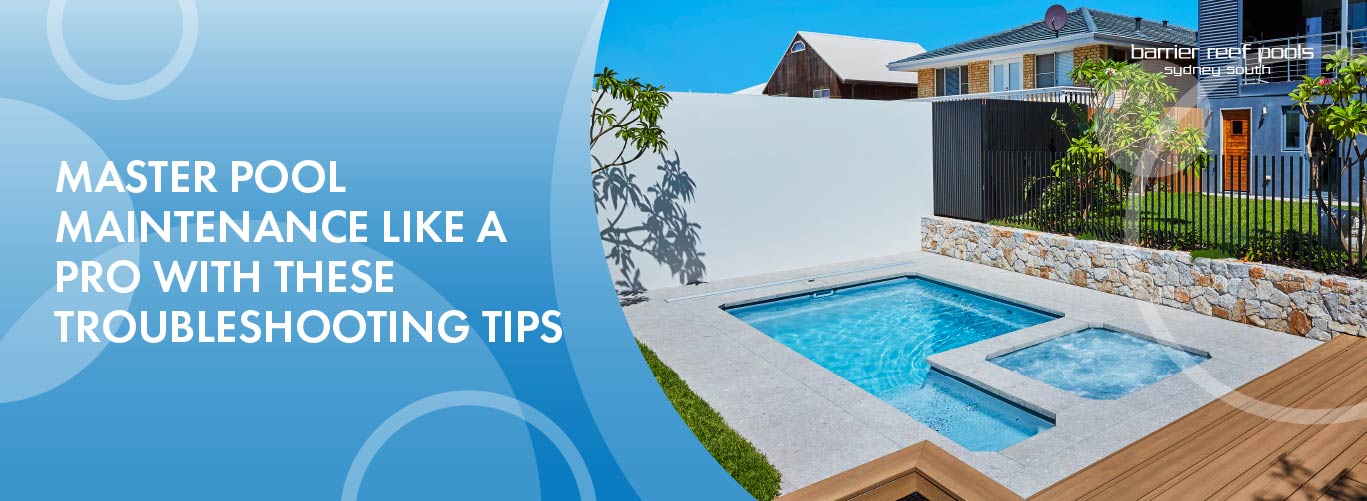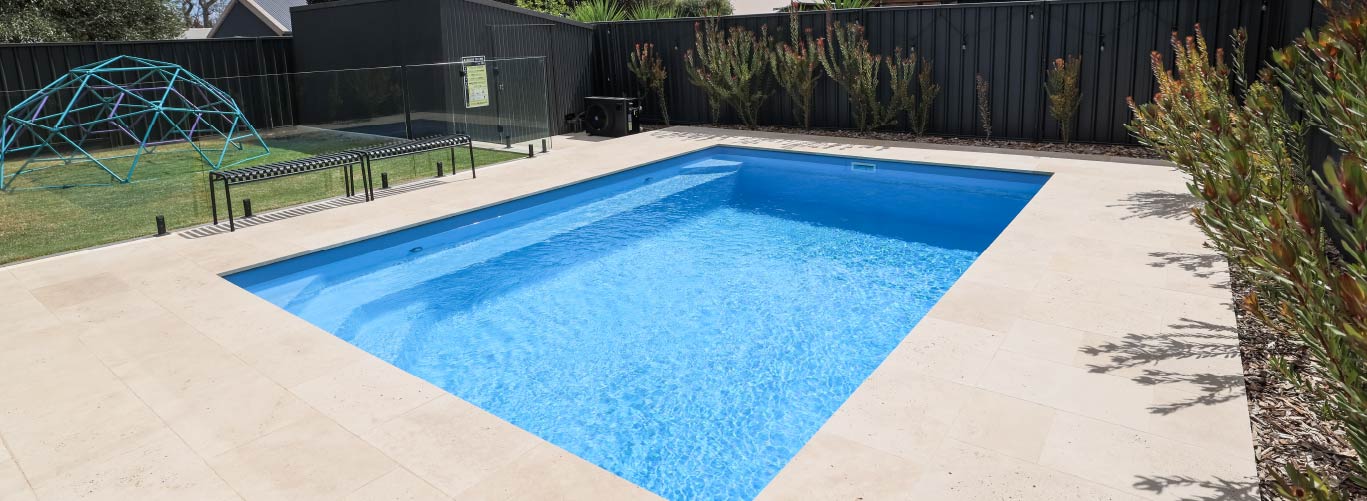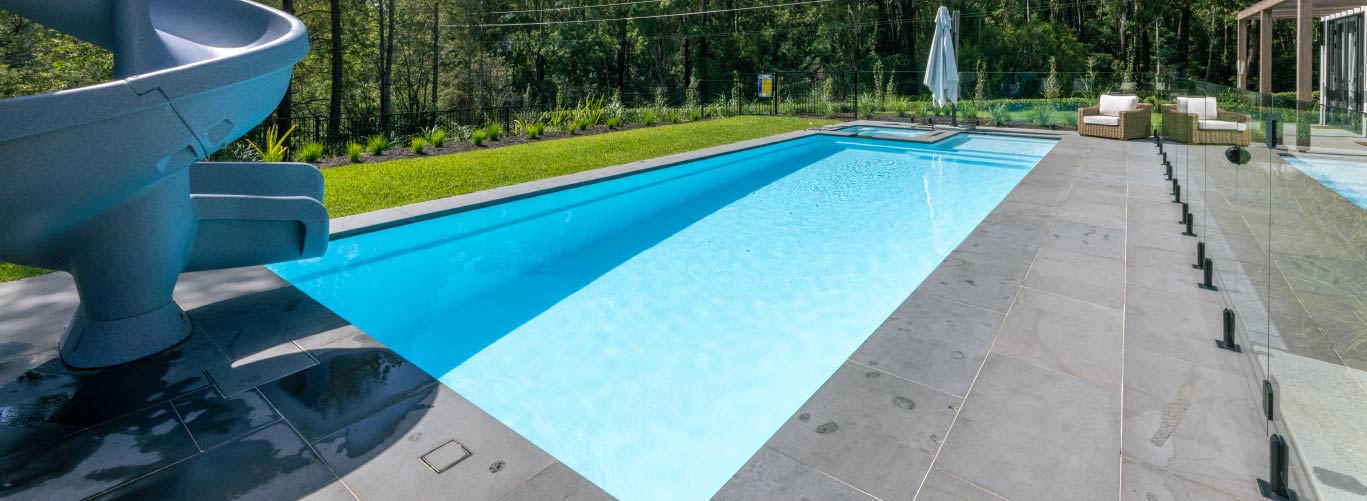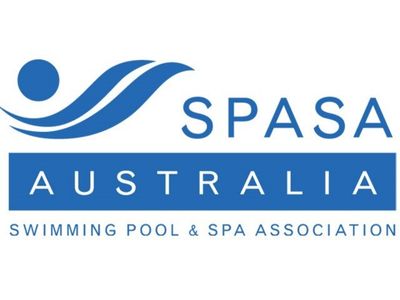Master Pool Maintenance Like A Pro With These Troubleshooting Tips
Owning a pool is a dream come true for many, offering a private oasis for relaxation and fun. However, it also comes with its share of responsibilities that every pool owner must be aware of. Regular maintenance is essential not only for keeping your pool sparkling clean but also for ensuring it remains safe for you, your family, and your guests to enjoy. This includes routine tasks like checking chemical levels, cleaning filters, and skimming debris from the surface. In this blog post, we will guide pool owners like you through troubleshooting common maintenance issues that can arise, such as algae growth or equipment malfunctions. Additionally, we will provide valuable insights into preventive measures that can save you time, effort, and money, ensuring a hassle-free swimming experience. With the right knowledge and a bit of diligence, you can keep your pool in top-notch condition and enjoy countless sunny days splashing around in your backyard paradise.

Understanding the Importance of Regular Pool Maintenance
Having regular pool maintenance is essential for various reasons. First, it ensures that the water remains clean and safe for swimmers by preventing the build-up of harmful bacteria and algae. Neglecting pool maintenance can lead to health risks and costly repairs. By maintaining your pool regularly, you extend its lifespan and enhance its aesthetic appeal. Secondly, regular maintenance helps in detecting potential issues early on. This enables you to address problems before they escalate into serious concerns. Minor issues like a small leak or slight imbalance in chemical levels can be fixed easily if identified early, saving you time and money in the long run. Lastly, well-maintained pools are energy efficient. Clean filters and pumps operate more efficiently, reducing energy consumption and lowering your utility bills. Overall, regular pool maintenance is a worthwhile investment that ensures a safe, enjoyable, and cost-effective swimming experience.
Common Pool Maintenance Issues
Green Water
One of the most common issues pool owners face is green water. This is usually caused by algae growth due to inadequate chlorine levels or poor filtration. Algae thrive in warm, stagnant water, and if left unchecked, they can quickly turn your pool into a green, murky mess.
Low Water Levels
Another common problem is low water levels. This can be due to evaporation, splashing, or leaks. While some water loss is normal, significant drops in water level can indicate a leak in the pool or plumbing system, which needs immediate attention.
Pump or Filter Issues
Pump and filter issues are also prevalent among pool owners. A malfunctioning pump or clogged filter can disrupt the circulation and filtration process, leading to dirty water and potential damage to the pool equipment. Common signs of pump or filter problems include unusual noises, reduced water flow, and frequent clogging.

Step-by-Step Troubleshooting Guide
Diagnosing Green Water
To diagnose and fix green water, start by testing the water’s chemical levels using a pool test kit. Check the chlorine, pH, and alkalinity levels. If the chlorine level is low, shock the pool with a high dose of chlorine to kill the algae. Brush the pool walls and floor to remove algae deposits and run the filter continuously until the water clears up.
Addressing Low Water Levels
For low water levels, start by inspecting the pool for visible leaks. Check the pool liner, plumbing connections, and equipment for signs of leakage. If you suspect a leak, conduct a bucket test to confirm. Fill a bucket with pool water, place it on the pool step, and mark the water levels inside and outside the bucket. After 24 hours, if the pool water level has dropped more than the water in the bucket, you likely have a leak that needs professional repair.
Fixing Pump or Filter Issues
For pump or filter issues, first, check the skimmer and pump baskets for debris and clean them out. Inspect the filter for clogs and backwash or clean it as needed. If the pump is making unusual noises, it may indicate a problem with the motor or impeller. Ensure the pump is properly primed and the water flow is unobstructed. If the issue persists, consult the pump’s manual or contact a professional for further assistance.
Prevention and Regular Maintenance Tips
Chemical Balance
Maintaining the correct chemical balance is crucial for preventing common pool issues. Regularly test the water and adjust the chlorine, pH, and alkalinity levels accordingly. Use algaecides as a preventive measure to keep algae at bay.
Skimming and Brushing
Skim the pool surface daily to remove debris like leaves, insects, and dirt. Brush the pool walls and floor weekly to prevent algae build-up and ensure a clean surface. Regular skimming and brushing help maintain water clarity and reduce the workload on the filtration system.
Equipment Inspection
Perform routine inspections of your pool equipment, including the pump, filter, and heater. Clean or replace the filter cartridges as needed and check for any signs of wear or damage. Ensuring your equipment is in good working condition enhances its efficiency and prolongs its lifespan.

Professional Help vs. DIY Solutions
When to DIY
Many pool maintenance tasks can be handled by pool owners themselves. Regular skimming, brushing, and chemical testing are simple tasks that require minimal effort and expertise. Small issues like adjusting chemical levels or cleaning filters can also be managed with basic knowledge and the right tools.
When to Hire a Professional
However, certain situations warrant professional intervention. Complex issues like significant leaks, pump or heater malfunctions, and major algae infestations are best addressed by experienced pool technicians. Professionals have the expertise and equipment to diagnose and repair problems accurately, ensuring your pool remains in top condition.
Striking a Balance
Finding the right balance between DIY and professional help is key to effective pool maintenance. While regular upkeep can be managed independently, don’t hesitate to seek professional assistance for more complex issues. This approach ensures your pool remains a safe and enjoyable space for years to come.
Conclusion
Maintaining a pool may seem daunting, but with the right knowledge and approach, it becomes manageable and even enjoyable. Regular maintenance not only keeps your pool looking great but also ensures a safe and healthy swimming environment. By troubleshooting common issues and following preventive measures, you can avoid costly repairs and prolong the life of your pool. We hope this guide has provided valuable insights into pool maintenance. Feel free to share your own experiences and tips in the comments below!
Master Pool Maintenance Like A Pro With These Troubleshooting Tips
Owning a pool is a dream come true for many, offering a private oasis for relaxation and fun. However, it also comes with its share of responsibilities that every pool owner must be aware of. Regular maintenance is essential not only for keeping your pool sparkling clean but also for ensuring it remains safe for you, your family, and your guests to enjoy. This includes routine tasks like checking chemical levels, cleaning filters, and skimming debris from the surface. In this blog post, we will guide pool owners like you through troubleshooting common maintenance issues that can arise, such as algae growth or equipment malfunctions. Additionally, we will provide valuable insights into preventive measures that can save you time, effort, and money, ensuring a hassle-free swimming experience. With the right knowledge and a bit of diligence, you can keep your pool in top-notch condition and enjoy countless sunny days splashing around in your backyard paradise.

Understanding the Importance of Regular Pool Maintenance
Having regular pool maintenance is essential for various reasons. First, it ensures that the water remains clean and safe for swimmers by preventing the build-up of harmful bacteria and algae. Neglecting pool maintenance can lead to health risks and costly repairs. By maintaining your pool regularly, you extend its lifespan and enhance its aesthetic appeal. Secondly, regular maintenance helps in detecting potential issues early on. This enables you to address problems before they escalate into serious concerns. Minor issues like a small leak or slight imbalance in chemical levels can be fixed easily if identified early, saving you time and money in the long run. Lastly, well-maintained pools are energy efficient. Clean filters and pumps operate more efficiently, reducing energy consumption and lowering your utility bills. Overall, regular pool maintenance is a worthwhile investment that ensures a safe, enjoyable, and cost-effective swimming experience.
Common Pool Maintenance Issues
Green Water
One of the most common issues pool owners face is green water. This is usually caused by algae growth due to inadequate chlorine levels or poor filtration. Algae thrive in warm, stagnant water, and if left unchecked, they can quickly turn your pool into a green, murky mess.
Low Water Levels
Another common problem is low water levels. This can be due to evaporation, splashing, or leaks. While some water loss is normal, significant drops in water level can indicate a leak in the pool or plumbing system, which needs immediate attention.
Pump or Filter Issues
Pump and filter issues are also prevalent among pool owners. A malfunctioning pump or clogged filter can disrupt the circulation and filtration process, leading to dirty water and potential damage to the pool equipment. Common signs of pump or filter problems include unusual noises, reduced water flow, and frequent clogging.

Step-by-Step Troubleshooting Guide
Diagnosing Green Water
To diagnose and fix green water, start by testing the water’s chemical levels using a pool test kit. Check the chlorine, pH, and alkalinity levels. If the chlorine level is low, shock the pool with a high dose of chlorine to kill the algae. Brush the pool walls and floor to remove algae deposits and run the filter continuously until the water clears up.
Addressing Low Water Levels
For low water levels, start by inspecting the pool for visible leaks. Check the pool liner, plumbing connections, and equipment for signs of leakage. If you suspect a leak, conduct a bucket test to confirm. Fill a bucket with pool water, place it on the pool step, and mark the water levels inside and outside the bucket. After 24 hours, if the pool water level has dropped more than the water in the bucket, you likely have a leak that needs professional repair.
Fixing Pump or Filter Issues
For pump or filter issues, first, check the skimmer and pump baskets for debris and clean them out. Inspect the filter for clogs and backwash or clean it as needed. If the pump is making unusual noises, it may indicate a problem with the motor or impeller. Ensure the pump is properly primed and the water flow is unobstructed. If the issue persists, consult the pump’s manual or contact a professional for further assistance.
Prevention and Regular Maintenance Tips
Chemical Balance
Maintaining the correct chemical balance is crucial for preventing common pool issues. Regularly test the water and adjust the chlorine, pH, and alkalinity levels accordingly. Use algaecides as a preventive measure to keep algae at bay.
Skimming and Brushing
Skim the pool surface daily to remove debris like leaves, insects, and dirt. Brush the pool walls and floor weekly to prevent algae build-up and ensure a clean surface. Regular skimming and brushing help maintain water clarity and reduce the workload on the filtration system.
Equipment Inspection
Perform routine inspections of your pool equipment, including the pump, filter, and heater. Clean or replace the filter cartridges as needed and check for any signs of wear or damage. Ensuring your equipment is in good working condition enhances its efficiency and prolongs its lifespan.

Professional Help vs. DIY Solutions
When to DIY
Many pool maintenance tasks can be handled by pool owners themselves. Regular skimming, brushing, and chemical testing are simple tasks that require minimal effort and expertise. Small issues like adjusting chemical levels or cleaning filters can also be managed with basic knowledge and the right tools.
When to Hire a Professional
However, certain situations warrant professional intervention. Complex issues like significant leaks, pump or heater malfunctions, and major algae infestations are best addressed by experienced pool technicians. Professionals have the expertise and equipment to diagnose and repair problems accurately, ensuring your pool remains in top condition.
Striking a Balance
Finding the right balance between DIY and professional help is key to effective pool maintenance. While regular upkeep can be managed independently, don’t hesitate to seek professional assistance for more complex issues. This approach ensures your pool remains a safe and enjoyable space for years to come.
Conclusion
Maintaining a pool may seem daunting, but with the right knowledge and approach, it becomes manageable and even enjoyable. Regular maintenance not only keeps your pool looking great but also ensures a safe and healthy swimming environment. By troubleshooting common issues and following preventive measures, you can avoid costly repairs and prolong the life of your pool. We hope this guide has provided valuable insights into pool maintenance. Feel free to share your own experiences and tips in the comments below!


